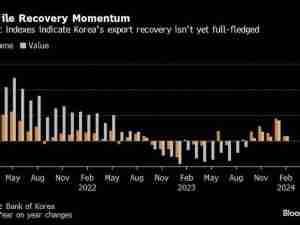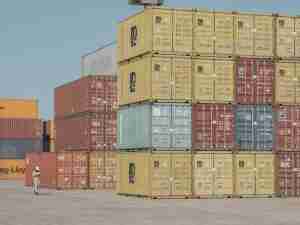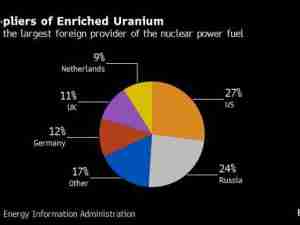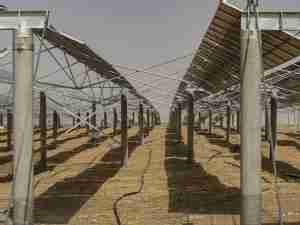Malaysia now has an oversupply of chicken and can resume exports to other countries, according to Minister of Agriculture and Food Industries Ronald Kiandee.
“At this point of time, we are able to produce 106% of our needs for chicken,” he said in parliament on Monday. “This means we have the capacity to export.”
Malaysia, a net food importer, halted chicken exports in June to cool rising local prices and ensure sufficient domestic supplies. The decision was a major blow to Singapore, which buys about a third of its supply from its neighbor.
While Malaysia has since allowed some types of chicken to make their way to Singapore, the commercial broiler birds that comprise the bulk of sales remain blocked. The halt has succeeded in stabilizing domestic supplies, Kiandee said.
“At this point, we are dealing with a little oversupply of chicken, which has caused the prices of chicken in the market to be lower than the maximum price set by the government,” he said.
The ban is a “temporary intervention measure,” mirroring steps taken by other nations to secure supplies amid disruptions caused by the war in Ukraine and will be reviewed by the government, Kiandee said.
Malaysia is struggling to keep inflation in check with its currency tumbling to a five-year low recently. A weak ringgit has increased the costs of imports of daily necessities. The nation’s food inflation rate accelerated to 6.1% year-on-year in June, the most since Bloomberg started tracking the data in 2011.







